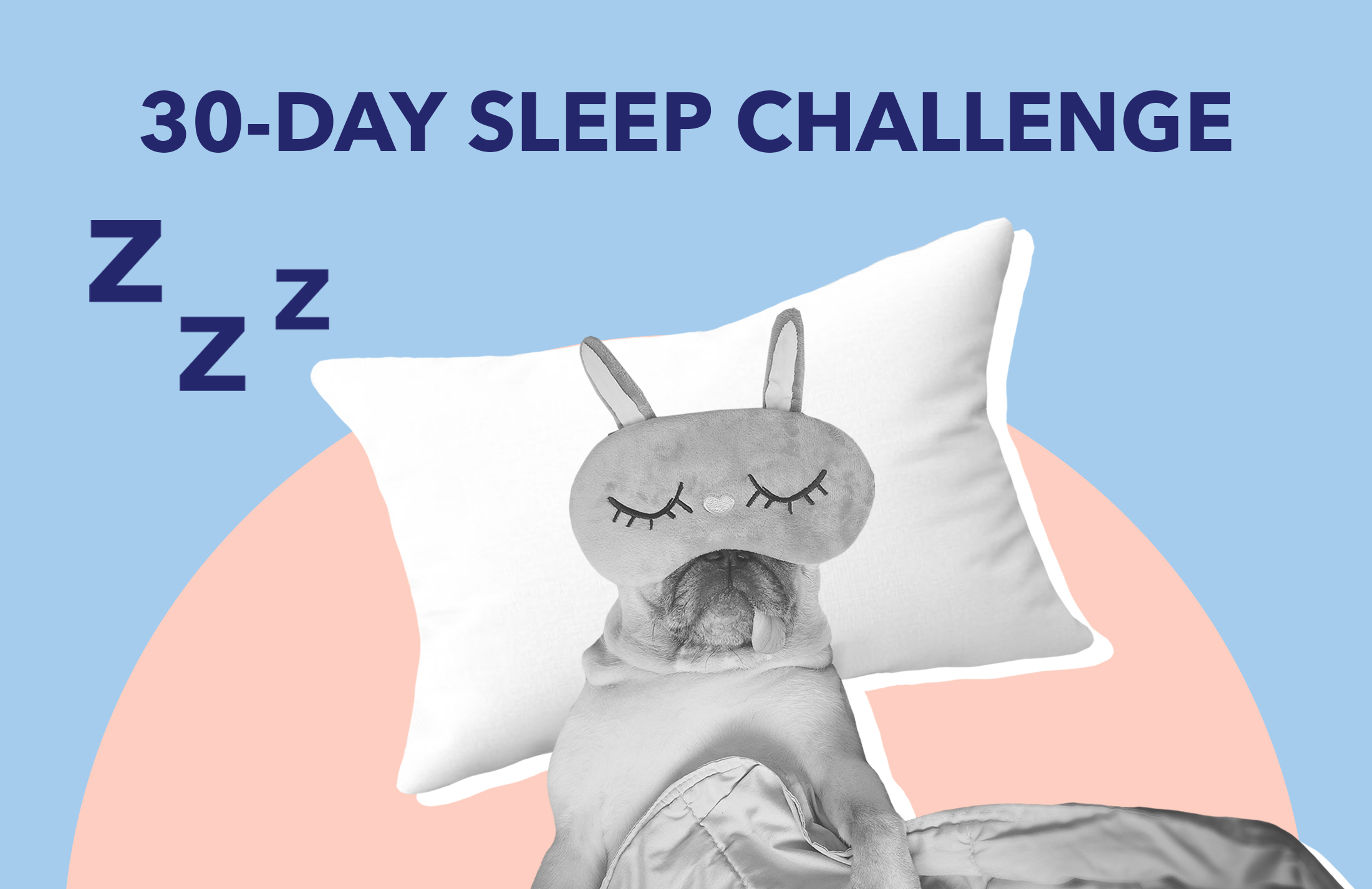
Most realize how a less-than-ideal night’s sleep can lead to feeling tired and sluggish and experiencing a decline in mental and physical performance. However, recent research suggests that losing even one hour of sleep can throw you off-balance, create sleep debt, and, over time, lead to many adverse side effects.
According to recent research conducted at Columbia University in New York City, missing out on even an hour of sleep can cause inflammation and increase cardiovascular risks (1). “Sleep is essential for physical and mental health, and even a small amount, like a single hour of sleep deprivation, can have the potential to exert lasting effects on health,” says Dr. Fu Chen, head of R&D with More Labs.
With about 53 percent of Americans, 39 percent of UK adults, 30 percent of Canadians, and 29 percent of Mexicans getting less than the recommended minimum of seven hours per night, focusing on sleep may be a critical strategy for improving rates of cardiovascular illness and inflammatory diseases.
Even Mild Sleep Debt Increases Oxidative Stress and Cardiovascular Risk
According to the Columbia University research, individuals who experience sleep deprivation have cells in their circulatory system lined with oxidants (molecules that can harm DNA), resulting in inflammation and increasing cardiovascular risks.
The study, published in Scientific Reports, involved 35 women who were initially maintaining a healthy, eight-hour sleep schedule (2). For six weeks, they continued with the same routine. Next, the participants delayed their bedtime by 90 minutes while keeping the wake-up time the same for an additional six weeks.
Analysis of the samples collected from the participants during the period with less sleep revealed differences in oxidative stress on their vascular cells. The findings showed that even mild sleep restriction over just six weeks increased the level of endothelial oxidative stress by 78% compared to their previous amount of healthy sleep.
Sleep Improves Heart and Brain Health
Scientists have long known how losing sleep can impact heart health. In one study conducted during daylight savings time, researchers found that losing an hour of sleep a night in March causes a 24 percent increase in heart attacks the following day. In the fall, when gaining back that precious hour of sleep, there are 21 percent fewer heart attacks the next day.
The new Columbia University research sheds light on why that may be. Sleep helps protect against oxidative stress — an imbalance between free radicals and antioxidants — which is associated with inflammation, cancer, and premature aging.
Sleep Fights Oxidative Stress and Toxin Build-Up
Antioxidants are typically considered mystical components of vibrant fruit and dark leafy greens (or wine and dark chocolate), but many lifestyle factors play a role in antioxidant levels, including sleep.
Regularly getting a good night’s sleep can help relieve the body of oxidative stress, which means sleep has an antioxidative effect. But when you miss out on enough sleep for a long time, your cells may become saturated with oxidants, which can raise their risk of heart disease, according to the researchers.
Plus, according to Dr. Patrick Porter, neuroscience expert and founder of BrainTap, we need around 1-2 hours of deep delta sleep for the brain’s detoxification process. Research shows that during sleep, the brain’s clearance of waste material is most active, especially during deep sleep when there is an increase in delta waves (3). Brain-damaging toxins are cleared by taking in blood and pushing out cerebrospinal fluid with inflammatory proteins, harmful bacteria, and other waste products.
Improve Your Sleep to Reduce Your Risks
Undersleeping, even by an hour each night, can damage your overall health over time. “It can impair mood, memory, and cognitive function in the short term, and over the long term, increase the risk of obesity, diabetes, cardiovascular disease, and a weakened immune system,” says Porter.
According to Chen, improving your sleep can reverse this by increasing antioxidant protection, helping clear waste products from the brain, balancing hormones, increasing insulin sensitivity, helping manage obesity, and reducing the risk of heart attack, stroke, and high blood pressure.
Chen recommends implementing helpful sleep hygiene habits, such as:
- Creating a bedtime routine: A routine helps signal your body that it is time to wind down and prepare for sleep. Stick to the same sleep and wake times to help regulate circadian rhythms.
- Keep your bedroom cool, quiet, and dark: Create the optimal sleeping environment by ensuring your body temperature stays lower and you don’t get disrupted by light or noise pollution.
- Avoiding blue light screen time half an hour before bedtime: The blue light emitted from electronic devices can interfere with melatonin production and leave you feeling strung out instead of ready to sleep. Avoid using devices or try wearing blue-light blocking glasses.
- Meditating to clear and relax the mind: Meditation can help reduce stress and anxiety and regulate your heart rate, making it easier to fall asleep.

Can’t Sleep? Check Out Our Expert Sleep Tips

According to New Apple Watch Sleep Study, Americans REALLY Aren’t Getting Enough Sleep

‘Love is Blind’ Contestants Claim the Show Led to Sleep Deprivation

30-Day Sleep Hygiene Plan
Sources
1. Columbia University, “Not Getting Enough Sleep? Your Vascular Cells Are Drowning in Oxidants,” https://www.cuimc.columbia.edu/news/not-getting-enough-sleep-your-vascular-cells-are-drowning-oxidants; October 12, 2024.
2. Shah, R., Shah, V.K., Emin, M. et al. Mild sleep restriction increases endothelial oxidative stress in female persons. Sci Rep 13, 15360 (2023). https://doi.org/10.1038/s41598-023-42758-y
Porter, Dr. Patrick. Author interview. October 2024.
3. Human NREM Sleep Promotes Brain-Wide Vasomotor and Respiratory Pulsations
Heta Helakari, Vesa Korhonen, Sebastian C. Holst, Johanna Piispala, Mika Kallio, Tommi Väyrynen, Niko Huotari, Lauri Raitamaa, Johanna Tuunanen, Janne Kananen, Matti Järvelä, Timo Tuovinen, Ville Raatikainen, Viola Borchardt, Hannu Kinnunen, Maiken Nedergaard, Vesa Kiviniemi; Journal of Neuroscience 23 March 2022, 42 (12) 2503-2515; DOI: 10.1523/JNEUROSCI.0934-21.2022




























